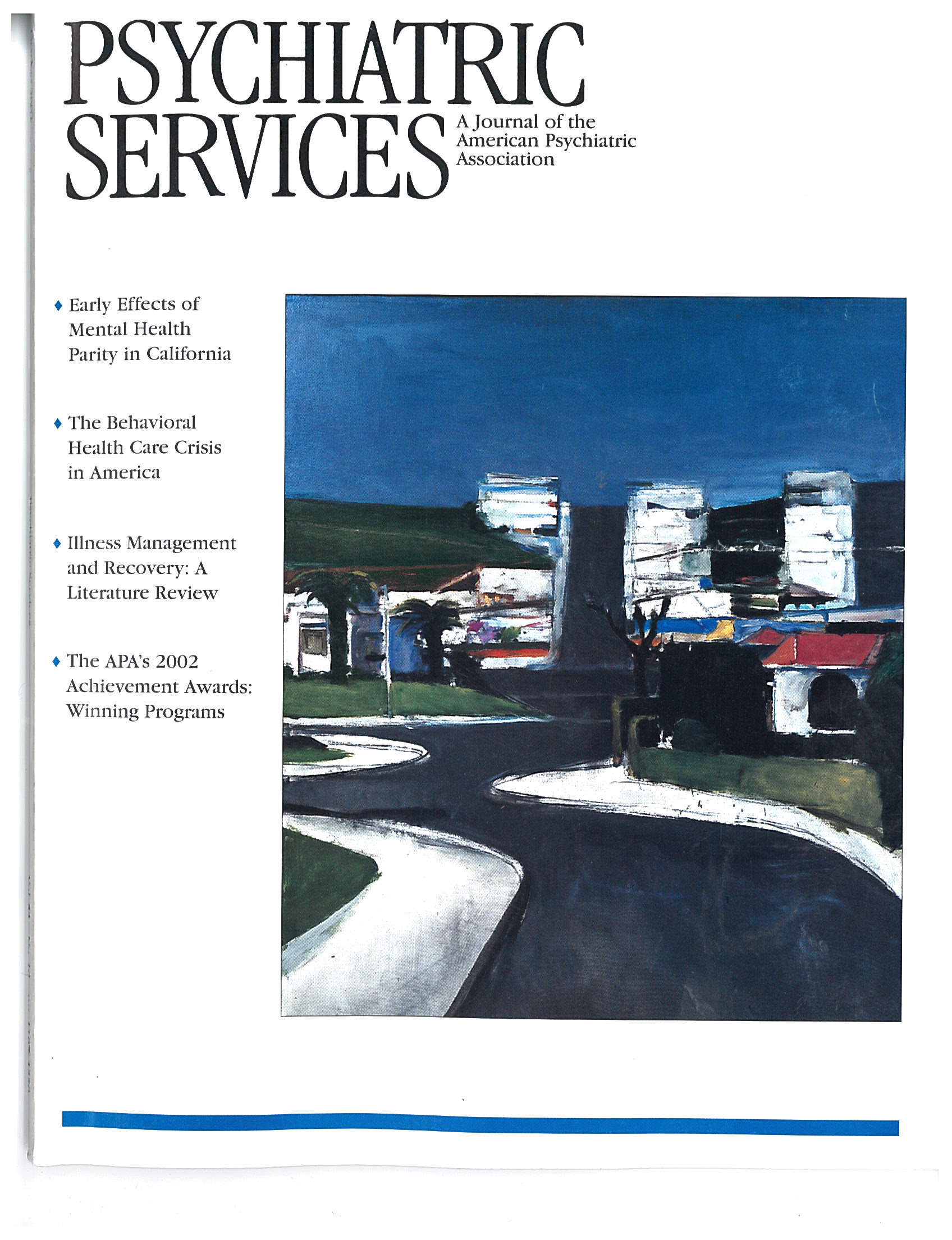The Use of Criminal Charges and Sanctions in Mental Health Courts
Abstract
OBJECTIVE: This study sought to describe the use of criminal charges, sanctions (primarily jail), and other strategies mental health courts use to mandate adherence to community treatment, and in doing so to elaborate on earlier descriptions of such courts. METHODS: Telephone interviews were conducted with staff of four mental health courts, located in Santa Barbara, California; Clark County, Washington; Seattle, Washington; and Marion County, Indiana. RESULTS: Mental health courts use one or more of three approaches to leverage the disposition of criminal charges to mandate adherence to community treatment: preadjudication suspension of prosecution of charges, postplea strategies that suspend sentencing, and probation. In no case are criminal charges dropped before the defendant becomes involved with the mental health court program. Each dispositional strategy includes adherence to community treatment as a condition. Courts report a wide variety of sanctions for failure to adhere to court-ordered conditions. CONCLUSIONS: Mental health courts use various creative methods of disposition of criminal charges to mandate adherence to community treatment. In contrast to drug courts, in which the use of jail and other sanctions for nonadherence is common, most mental health courts report rarely or occasionally using jail in this way.



